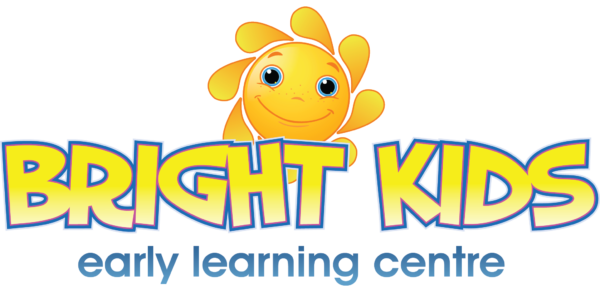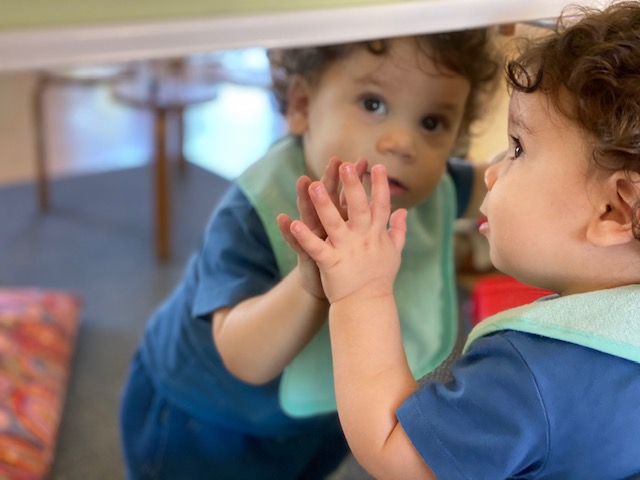Developmental Milestones in Babies
What’s been happening in Little Fish this term?
We have been busy little bees and so much has happened in the first term.
Implementing a Nature Program in conjunction to our already embedded “Mindful Kids” Resilience and “Empowering Our Youth” Indigenous Programs gives the children varied experiences.
With varying ages in the room, we have factored in age related intentional teaching experiences into the program.
We have fostered the children’s development, to enable them to reach their developmental milestones in the following:
- Developmental Milestones in Babies;
- Cognitive Development;
- Social & Emotional Development;
- Speech & Language Development; and
- Gross & Fine Motor Skills.
Witnessing the children’s progress in their development, fills our heart with joy.
Developmental Milestones in Babies
Development milestones can occur anytime between 8 and 18 months of age.
Differences amongst babies can vary and are usually nothing to be concerned about.
Developmental delay is hard to predict whether it will be short term or permanent.
Permanent delays in children don’t occur very often.
Documenting babies’ milestones helps to notice any changes in a baby’s development as they learn to;
- move;
- see;
- hear; and
- interact with others.
Cognitive Development
Cognitive development is about the way a child learns to
- think,
- remember,
- gather and organise information,
- imagine,
- problem solve and
- develop judgement.
These skills help a child to understand the world around them.
Theorist Jean Piaget states “Children construct an understanding of the world around them, then experience discrepancies between what they already know and what they discover in their environment” (www.simplypsychology.org).
In the Little Fish room this term we have been working on developing the children’s cognitive skills through:
- Reading books & singing songs
- Reciting the alphabet including phonics
- Teaching shapes and colours
- Problem solving experiences
Activity
Children love a challenge so we set up a problem-solving activity for the children.
We placed the children in the highchairs to focus for this activity. THE AIM was to remove the plastic spoons that were taped down on their trays.
The SKILL SETS practised were problem-solving, hand-eye co-ordination, and pincer grip for fine motor skills.
Social & Emotional Development
Social and Emotional development is the ability to interact with others, helping self and self-control (emotional regulation).
Children learn these skills by how they are treated.
Loving, caring relationships are important to give children a sense of comfort, safety, confidence and encouragement, all forming part of their identity.
These positive relationships with adults and their peers is essential to enable a young child’s sense of well-being.
As a child develops, the management of emotions and the ability to establish positive and rewarding relationships with others comes into play.
Babies will experience and express their emotions before they are fully able to understand them, they do this through crying.
Providing a safe, secure environment helps children’s learning in all areas.
In the Little Fish room this term we were able to support the children’s social and emotional development through:
- Attention & affection
- Giving encouragement
- Interaction opportunities such as role play
- Establishing daily routines
Speech & Language Development
Language development expands tremendously in a child’s first year of life.
Babies will express themselves in many ways such as making eye contact and babbling sounds, before moving on to forming words.
They will respond to their carers in ways such as giggling, smiling and making sounds.
Babies are listening and learning all the time, this helps them understand their world.
In the Little Fish room this term we have been encouraging language development by:
- Reading books, singing songs with hand movements and body language to encourage children to respond and mimic the words and movements;
- Talking to the babies and pointing out objects, colours and shapes in their environment;
- Responding to babies’ babbles and asking questions such as “what is this?” and adding descriptive words to babies’ words – when the baby says “truck”, we will say “red truck”; and
- Talking about animal names and the sounds they make so they can make a connection between the name and sound.
Gross & Fine Motor Skills
Gross motor skills are the ability for children to use the large muscles which involve sitting up, crawling and pulling themselves up and eventually walking.
Fine motor skills are the ability to use the small muscles, specifically hands and fingers to pick up small objects, hold a spoon and draw and write.
In the Little Fish room this term we have been helping the children develop their gross and fine motor development by offering:
- Baby activity walkers to encourage walking;
- Obstacle courses to build muscle strength and confidence;
- Art & Craft and drawing to utilise fine motor skills; and
- Sensory activities.
In the Little Fish room this term we have observed the children reaching a number of their milestones;
- The crawlers in the room have begun pulling themselves up and walking around furniture. Some also taking steps using the baby activity walkers.
- Children’s word repertoire increasing and evidence that cognitive skills are developing by being able to recite parts of the alphabet;
- The ability to stack a few blocks together;
- Role playing in home corner; and
- Connections developing between the children.
That’s all from Miss Rachel, Miss Sabrina and the Little fish (Jalumms), until next month.
Also please follow our Facebook and Instagram Pages and stay up to date.


